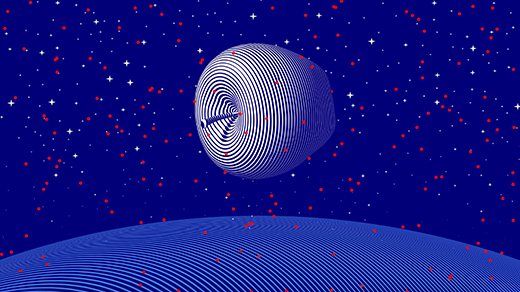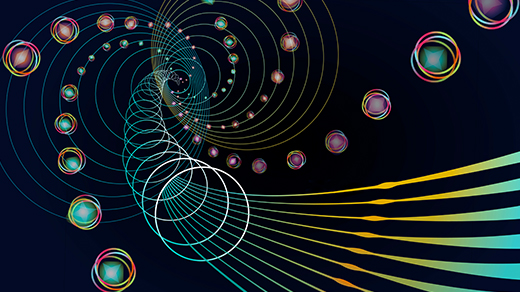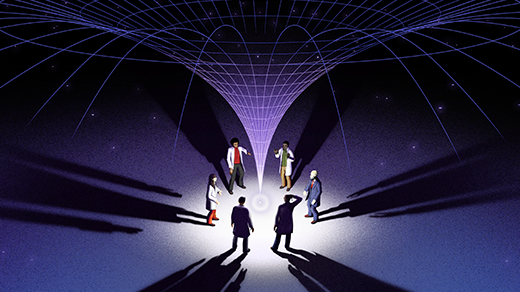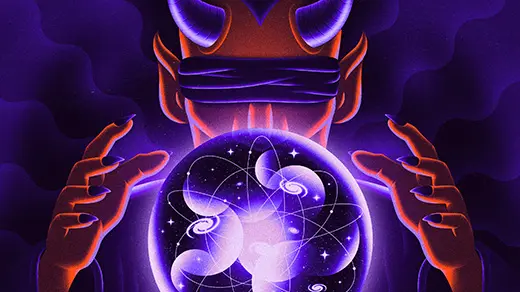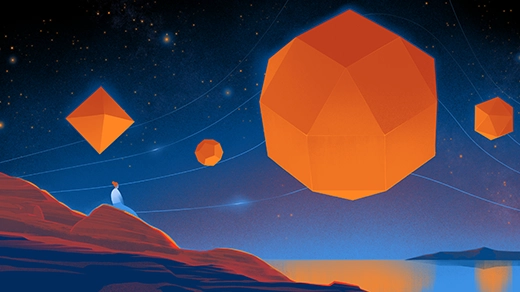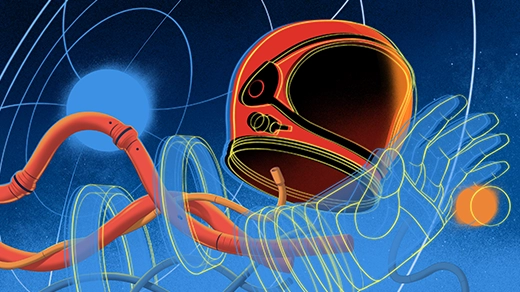What's up in
Theoretical physics
Latest Articles
Is Gravity Just Entropy Rising? Long-Shot Idea Gets Another Look.
A new argument explores how the growth of disorder could cause massive objects to move toward one another. Physicists are both interested and skeptical.
Will We Ever Prove String Theory?
Promise and controversy continues to surround string theory as a potential unified theory of everything. In the latest episode of The Joy of Why, Cumrun Vafa discusses his progress in trying to find good, testable models hidden among the ‘swampland’ of impossible universes.
Singularities in Space-Time Prove Hard to Kill
Black hole and Big Bang singularities break our best theory of gravity. A trilogy of theorems hints that physicists must go to the ends of space and time to find a fix.
‘Next-Level’ Chaos Traces the True Limit of Predictability
In math and computer science, researchers have long understood that some questions are fundamentally unanswerable. Now physicists are exploring how even ordinary physical systems put hard limits on what we can predict, even in principle.
In the Quantum World, Even Points of View Are Uncertain
The reference frames from which observers view quantum events can themselves have multiple possible locations at once — an insight with potentially major ramifications.
Can Space-Time Be Saved?
Curious connections between physics and math suggest to Latham Boyle that space-time may survive the jump to the next theory of reality.
Physicists Reveal a Quantum Geometry That Exists Outside of Space and Time
A decade after the discovery of the “amplituhedron,” physicists have excavated more of the timeless geometry underlying the standard picture of how particles move.
If the Universe Is a Hologram, This Long-Forgotten Math Could Decode It
A 1930s-era breakthrough is helping physicists understand how quantum threads could weave together into a holographic space-time fabric.
The #1 Clue to Quantum Gravity Sits on the Surfaces of Black Holes
A black hole formula worked out in the 1970s remains the most concrete clue physicists have about the threads of the space-time fabric.
